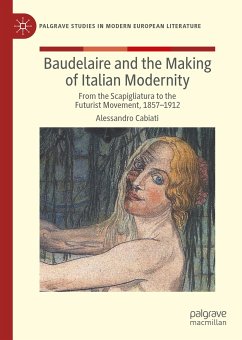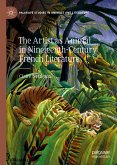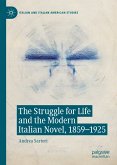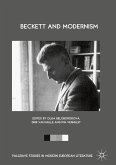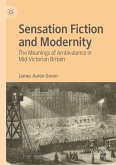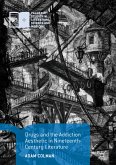This book establishes the role of French writer Charles Baudelaire in the formation of paradigms of modernity in Italian poetry between 1857, the year of publication of Baudelaire's highly influential collection Les Fleurs du Mal, and 1912, when the first anthology of Futurist poetry, I poeti futuristi, was published in Milan. It focuses primarily on Baudelaire's influence on the poetry of the Scapigliatura, a long-underrated movement which in the 1860s introduced a thematic and formal modernity into Italian literature, paving the way for Futurism and the twentieth-century avant-garde. This monograph also investigates Baudelaire's and the Scapigliatura's interrelated impacts on early Futurist poetry, demonstrating that Futurist poets turned to the works of Baudelaire and the Scapigliatura for inspiration on themes that were considered as distinctly unpoetic - and therefore modern - such as medical-anatomical examination, technological transformation, and abnormal sensuality.
Alessandro Cabiati is a Marie Sklodowska-Curie Global Fellow at Ca' Foscari University of Venice, Italy, and Brown University, USA, where he investigates the ways in which nineteenth-century literary fairy tales contributed to the cultural discourse on psychological deviance and abnormality, while also influencing medical debate. In recent years, he has undertaken research at King's College London and at the Universities of Oxford and Edinburgh.
Dieser Download kann aus rechtlichen Gründen nur mit Rechnungsadresse in A, B, BG, CY, CZ, D, DK, EW, E, FIN, F, GR, HR, H, IRL, I, LT, L, LR, M, NL, PL, P, R, S, SLO, SK ausgeliefert werden.

